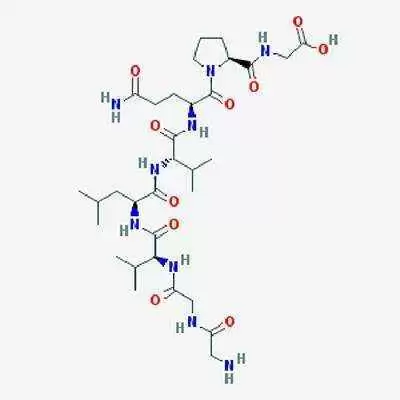Celiac.com 06/08/2016 - Sometimes, certain cases can stand out and grab the attention of clinicians or researchers. Such is the case of a 62-year-old woman who was suffering from severe malabsorption, and diagnosed with celiac disease based on the findings of flat, small intestinal mucosa and HLA-DQ2 positivity, although celiac blood tests were negative.
A team of researchers questioned the diagnosis, because the woman showed no clinical or histological improvement after a long period of strict gluten-free diet.
Celiac.com Sponsor (A12):
The research team included U Volta, MG Mumolo, G Caio, E Boschetti, R Latorre, F Giancola, P Paterini, and R De Giorgio. They variously are affiliated with the Department of Medical and Surgical Sciences at the University of Bologna, and with the Gastroenterology Unit in the Department of Gastroenterology at the University of Pisa in Italy.
Based on the detection of enterocyte autoantibodies, the team found that the correct diagnosis for the woman was autoimmune enteropathy. After appropriate immunosuppressive treatment, the woman experienced the disappearance of all symptoms, and a complete recovery.
Based on this case, the team notes that doctors should consider autoimmune enteropathy in the differential diagnosis of malabsorption with severe villous atrophy, including those cases with negative celiac-related serology.
Source:
- Open Original Shared Link










Recommended Comments